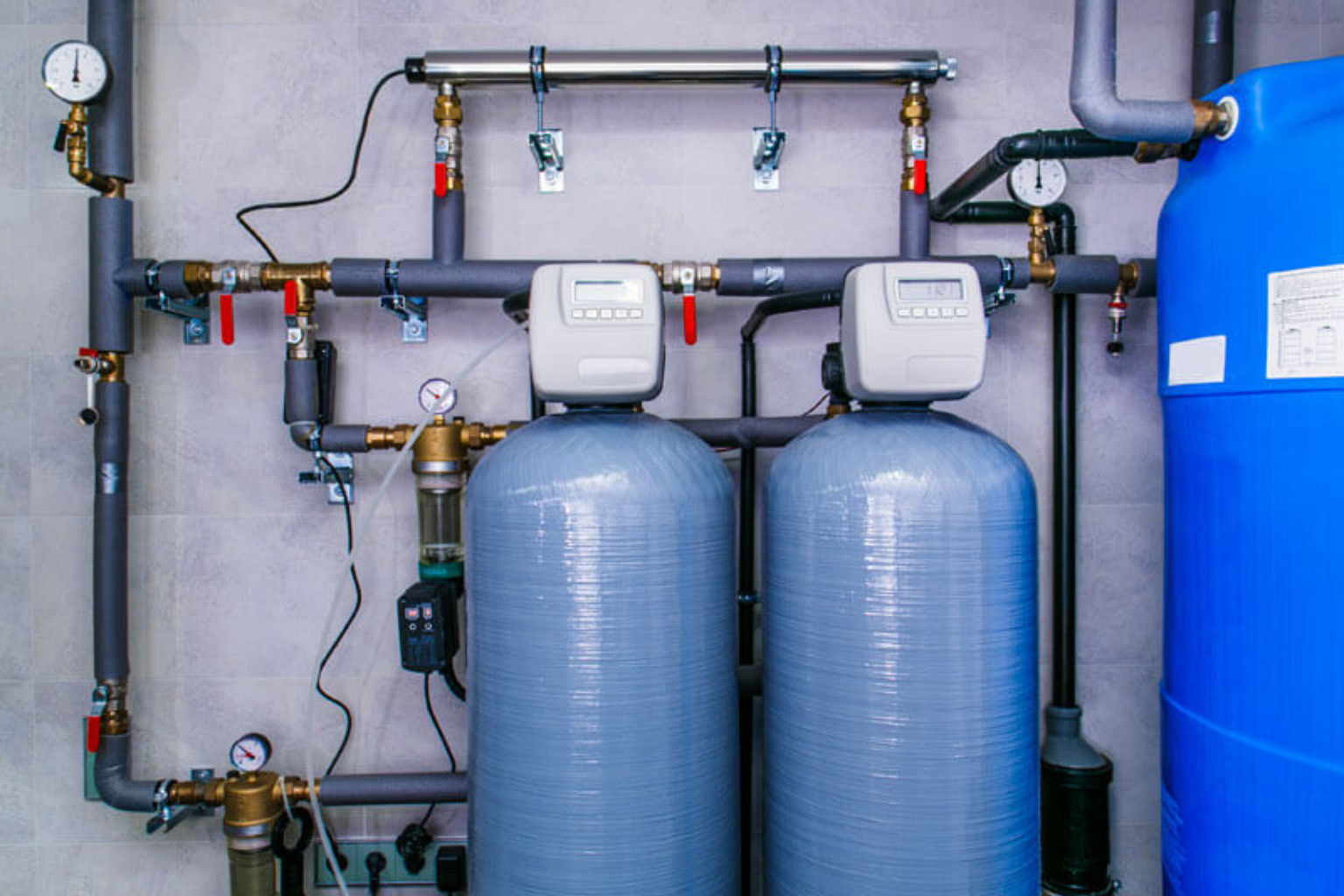Let’s be honest—nothing ruins a morning shower quite like realizing your water smells like sulfur. Or finding crusty white deposits on your showerhead. Or pulling freshly “clean” laundry from the washer only to see orange stains where your whites used to be.
Sound familiar? If you live in New Jersey, especially in towns like New Brunswick, Lakewood, or Atlantic City, chances are you’ve tangled with at least one of these stubborn water problems. The good news? These aren’t mysteries you just have to live with. Each of these issues—whether it’s mineral-rich water, iron staining, or the infamous rotten egg smell—has a fix. A real, tested, totally do-able fix.
Let’s dive into how folks in different parts of Jersey are reclaiming their water—and why it’s worth doing the same.
Hard Water Headaches in New Brunswick
Hard water is sneaky. It doesn’t look that different, doesn’t necessarily taste terrible—but it messes with everything. From your skin to your appliances, those minerals (mainly calcium and magnesium) leave a mark, quite literally. Over time, hard water wears down pipes, shortens the life of water heaters, and forces you to use double the soap and shampoo just to feel clean.
In New Brunswick, this is a pretty common issue. Between aging infrastructure and naturally mineral-rich groundwater, homes and even businesses often struggle with water hardness. The fix? Water softening systems that use ion exchange to pull out those pesky minerals and replace them with sodium or potassium ions.
You’ll notice the difference fast—softer clothes, cleaner dishes, and water that just feels better. Plus, your pipes and appliances will thank you in the long run.
More residents are turning to hard water treatment in New Brunswick to finally solve the everyday annoyances they didn’t realize were water-related in the first place.
The Iron Problem in Lakewood
Now, if you’re dealing with rust-colored stains in your toilet or sink, or if your water sometimes runs with a yellow-orange tint—yeah, that’s probably iron.
Lakewood’s a growing, vibrant place with a mix of older homes and new development. But depending on your water source, iron can be a persistent issue, especially for homeowners on well systems. It’s not just unsightly—it can ruin plumbing fixtures, damage laundry, and make your water taste like pennies.
The thing about iron is that it exists in two forms: soluble (ferrous) and insoluble (ferric). That means you can’t always see it, but it’s still there, clogging things up and giving your water an off-putting edge.
Iron removal systems in Lakewood are specifically designed to handle this. These setups usually combine oxidation and filtration—transforming the iron into particles that can be captured and flushed out. The most effective ones also tackle manganese and hydrogen sulfide, which often tag along with iron in well water.
It’s a serious quality-of-life upgrade—one that removes rust, improves water clarity, and gives you the confidence to pour a glass without squinting at it first.
Sulfur Struggles in Atlantic City
And then there’s sulfur. If your water smells like rotten eggs, you already know what we’re talking about. That unmistakable stench is usually caused by hydrogen sulfide gas, which can develop in your plumbing or groundwater supply. It’s not harmful at low levels—but let’s face it, nobody wants to bathe in egg-scented water.
This is particularly common in coastal areas like Atlantic City, where the combination of water table conditions and decaying organic matter makes sulfur an occasional but frustrating issue.
Sulfur water treatment in Atlantic City often involves systems like aeration tanks, oxidizing filters, or chemical injection setups that neutralize the gas and eliminate the smell before it ever reaches your taps. These systems are low-maintenance, highly effective, and once installed, they’ll leave your water—and your nose—so much happier.
What’s Actually in Your Water?
Here’s the catch: you don’t really know what you’re dealing with until you test it. That’s why water testing is the essential first step for homeowners facing any sort of water quality issue. Whether it’s a simple at-home test kit or a full lab analysis, the results will show you what contaminants are present and in what amounts.
Once you have the numbers, solving the problem becomes a whole lot easier—and cheaper. No more guessing. No more trial and error with half-baked filter solutions.
Choosing the Right Fix
After testing, you can match your needs with the right equipment. Some people go with single-point solutions like under-sink filters or showerhead softeners. But if your whole home is affected (and let’s be honest—it probably is), a whole-house system is the way to go.
- For hard water: Go with a salt-based or salt-free softener, depending on your preference.
- For iron: A specialized iron filter with an air-injection oxidizer and backwash feature.
- For sulfur: A sulfur-specific treatment unit, often combined with iron filtration for added coverage.
And don’t forget maintenance. Filters need replacing, tanks need occasional cleaning, and systems need periodic checks to keep everything flowing smoothly. Most companies offer service plans to keep your system worry-free.
Wrapping It Up
Water is something we all use every single day, and yet, it’s easy to overlook until the problems become too obvious to ignore. Whether you’re in New Brunswick scrubbing soap scum off every surface, in Lakewood battling rusty stains, or in Atlantic City holding your nose every time you run the tap—there’s a solution within reach.
Taking action with the right system can transform your water from something you tolerate into something you trust. And once you’ve got it dialed in, you’ll wonder why you waited so long.
Because clean water isn’t just about safety—it’s about comfort, confidence, and yes, even joy. Start with a test, invest in what works, and enjoy water that finally lives up to your expectations. Just like your home should.

